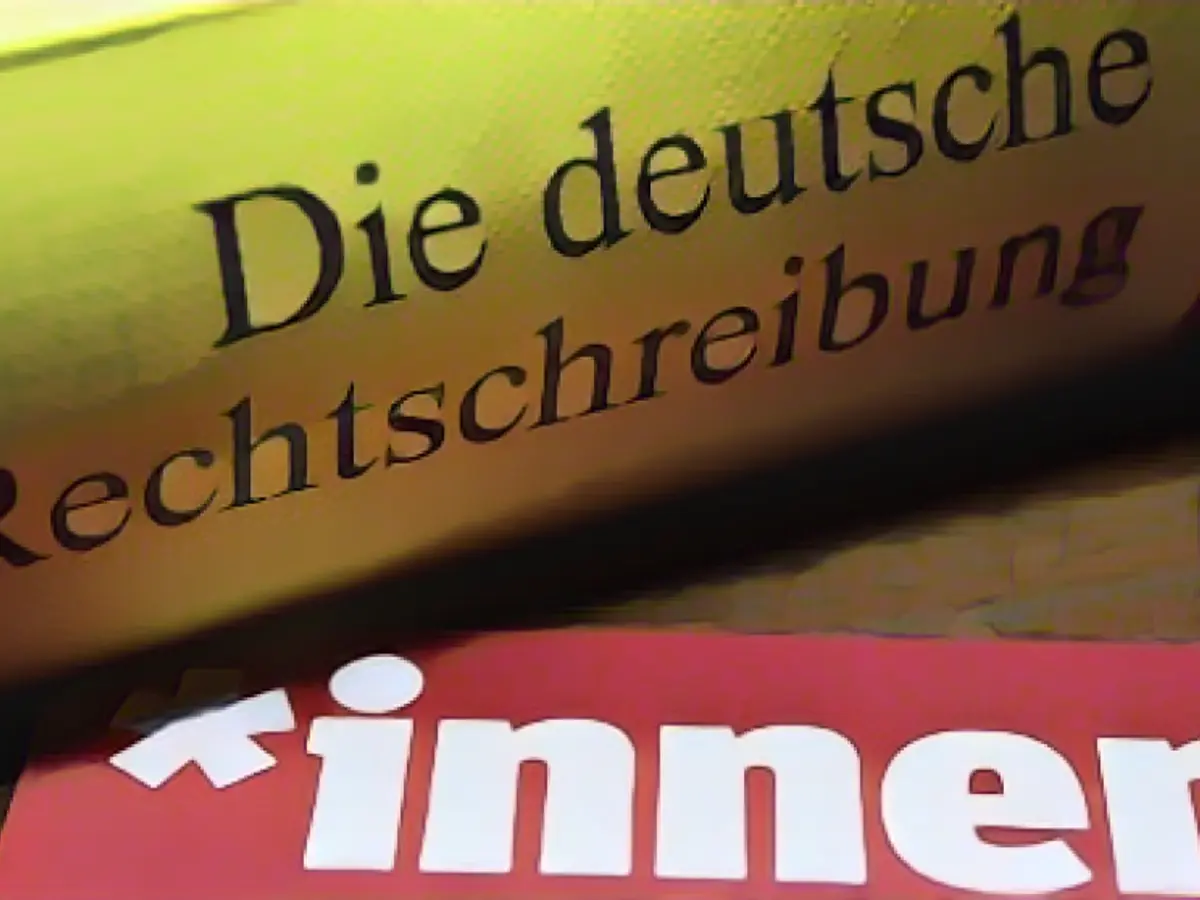"Language or Gender Ban at Saxony-Anhalt's Universities Stirs Controvery"
Alexander Räuscher, CDU politician from Saxony-Anhalt, has proposed an unconventional solution to address the issue of incorrect language in university applications. He suggests enacting a ban on the use of unconventional language to prevent universities in Magdeburg and Halle from gaining state subsidies for their new research clusters, which could potentially bring in up to ten million euros per cluster per year over a seven-year period.
Räuscher has expressed concerns about the use of hiccup language in universities, stating that such language "belongs in cabaret, not in science." He believes that imposing stricter guidelines will bring peace among academics and students, as there is already clear direction on language usage in schools.
Recent surveys among "Junge Union" members revealed instances of students being threatened with poorer grades for using correct German in their papers, echoing Räuscher's concerns. Despite potential criticism from certain circles, Räuscher's initiative has gained more support than expected, with many people viewing it as long overdue.
To expand his campaign, Räuscher plans to network with colleagues from various state parliaments, drawing inspiration from Martin Luther's aspirations for a common language. Though similar language debates have surfaced in other European countries, the issue remains contentious, reflecting deeper ideological and political divisions.
Incorrect Language and Discrimination
The controversy arises in the broader context of discussions about "gender bans" and language inclusivity in educational settings. While proponents argue that inclusive language can promote diversity and reduce discrimination, critics fear that such practices may infringe on freedom of speech or limit academic discourse.
This debate is not limited to Saxony-Anhalt, as similar discussions have taken place in other countries, such as the Czech Republic. Shifting political landscapes and ideological divides have contributed to the complexity of this issue, which involves balancing inclusivity, freedom of speech, and academic standards.
Enrichment Data
The debate about language use and potential discrimination in educational settings is not unique to Saxony-Anhalt but is part of an international discussion about education, language, and inclusivity. Various agencies, including ministries of science, have issued clarifications, aiming to mitigate the impact of linguistic policies without fully addressing concerns about language inclusivity. As a result, this issue remains contentious, reflecting deeper ideological and political divisions.
Critics argue that gender-sensitive language bans may infringe on the rights of certain groups, leading to exclusion and discrimination. Advocates for inclusivity emphasize the importance of language as a tool to promote understanding and respect among diverse communities. The ongoing discussions around this issue demonstrate the intricate balance between language, identity, and academic freedom.
- Sources:








